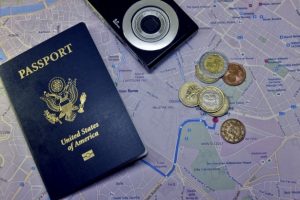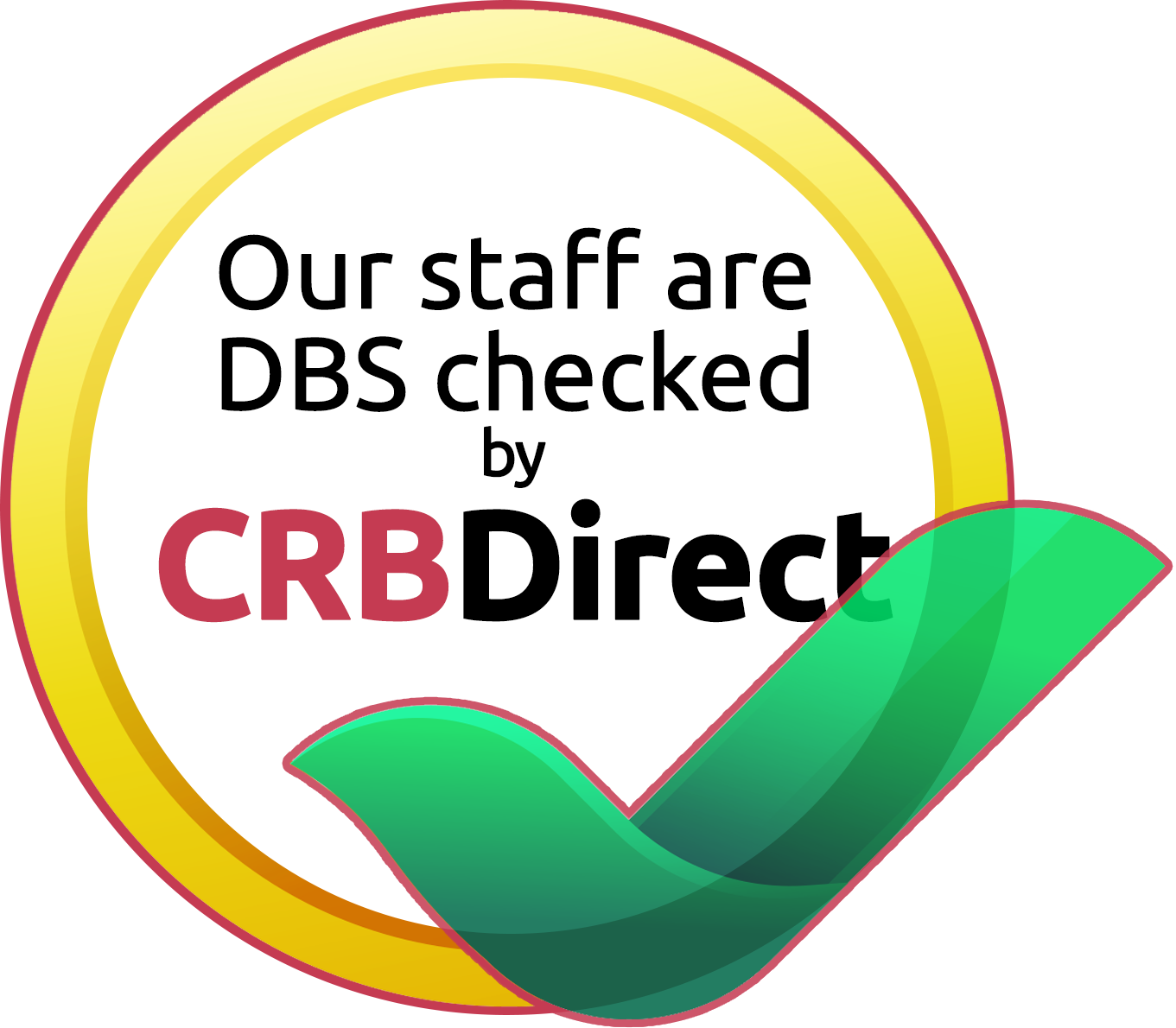One of the main causes of delays in the DBS system can be defined as user-error. Yes, the DBS can be slow to return checks at times. Sometime however, delays are caused because we’re not quick enough. We’re slow to fill in the online application form. We don’t respond to calls or queries. One of the main sticking points is around documents. Before your application is forwarded to the DBS for checking, you have to provide a range of identity documents to prove who you are. If you have your documents at hand, you can supply them immediately. So if you’re thinking about applying for a new DBS, or it’s time to renew, here’s everything you need to know.
DBS – Primary Identity Documents
 The most important type of identification is termed “primary identity documents”. These are the sorts of government issued identity documents which have your photograph on them. You will be asked to provide at least one identity document from this group, such as your passport, residence permit or driving licence. You don’t need a UK passport or driving licence. Documents issued overseas can be accepted, as long as the details match the information on your form, and you’re recognisable in the photo.
The most important type of identification is termed “primary identity documents”. These are the sorts of government issued identity documents which have your photograph on them. You will be asked to provide at least one identity document from this group, such as your passport, residence permit or driving licence. You don’t need a UK passport or driving licence. Documents issued overseas can be accepted, as long as the details match the information on your form, and you’re recognisable in the photo.
Lack of Primary Identity Documents
One of the main problems with the system is with people applying for their first jobs. Many 18 year old school leavers haven’t ever had a passport, and don’t have a driving licence. There’s always the option to apply for a provisional driving licence, but it takes time. If you don’t have this sort of basic ID then there are other options. You can show documents such as a marriage certificate, adoption certificate or Army ID card. You will also need to have other forms of identification, which have your address. If all else fails, you can ask a teacher or college lecturer to provide a signed statement verifying your identity.
Address Proof
The other main requirement is to prove where you live. This is partly because the completed DBS certificate has to be sent to your home address. It’s also about making sure that police are checking the correct address to see if there are convictions listed about you at that location. There are lots of different ways to prove your address. These are classed as “financial and social history documents” by the DBS. You’ll need to provide at least two different forms of identification. You can use your latest Council Tax bill, bank statements, credit card bills, utility bills or a P60 statement. All documents should be originals, not photocopies or something you’ve printed out. They should also be recent, dated within the last three months.
Problems Providing ID?
Everyone’s circumstances are different. Not everyone has utility bills in their own name, or a credit card statement. If you’re struggling to get together a wide range of identification, pull together what you do have. Then give the DBS helpline a call. Explain your circumstances and tell them what documents you have. They’ll be able to explain the best way forward.
